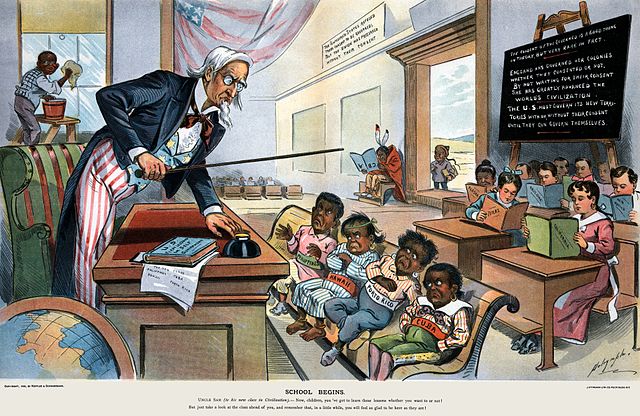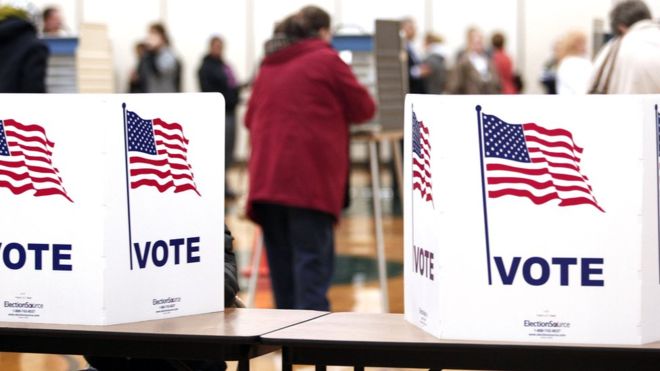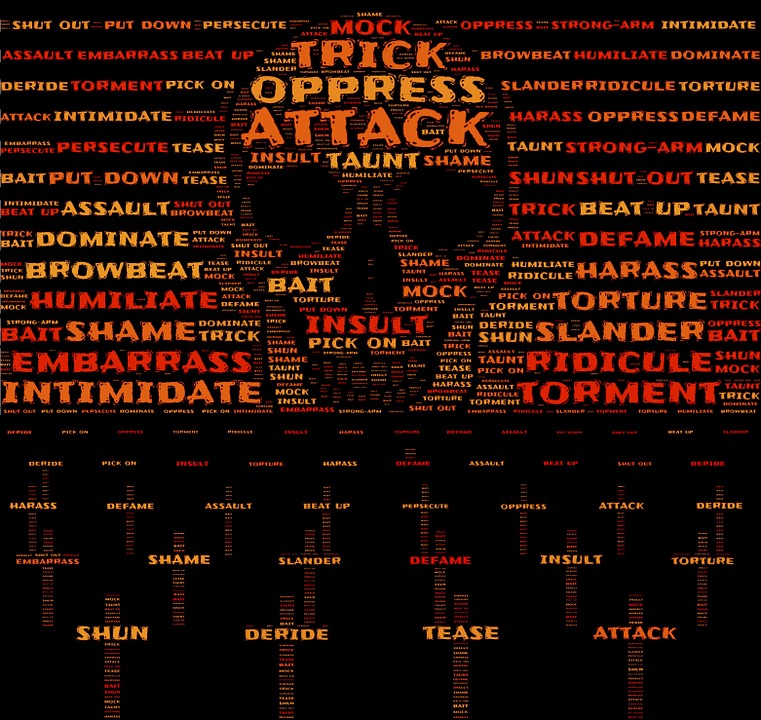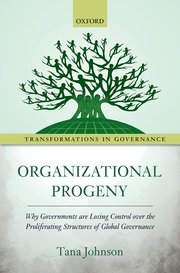The Biden administration’s jarring revisionism on economic policy toward China (and by extension the world) is reviving discussions (most acute during the Trump and George W. Bush years) about whether it’s right to label the United States a...


The Biden administration’s jarring revisionism on economic policy toward China (and by extension the world) is reviving discussions (most acute during the Trump and George W. Bush years) about whether it’s right to label the United States a...

This is a guest post from Jeffrey C. Isaac and William Kindred Winecoff who both teach political science at Indiana University, Bloomington Last Wednesday the two of us circulated an open letter...
This is a guest post by Philipp Schulz, who is a Post-Doctoral Researcher at the Institute for Intercultural and International Studies (InIIS) at the University of Bremen. Philipp’s research focuses...
When I was a grad student, I had the privilege of student teaching with political theorist Eric MacGilvray. Eric was—and I’m sure still is—a brilliant teacher. He was always in motion, but in a way...

The common understanding in military circles is that the more data one has, the more information one possess. More information leads to better intelligence, and better intelligence produces greater situational awareness. Sun Tzu rightly understood this cycle two millennia ago: “Intelligence is the essence in warfare—it is what the armies depend upon in their every move.” Of course, for him, intelligence could only come from people, not from various types of sensor data, such as radar signatures or ship’s pings. Pursuing the data-information-intelligence chain is the intuition behind the...
Recently there has been a lot of talk about one of those issues academics (at least in the U.S.) obsess about: how to get tenure and the job security as well as license to (supposedly) speak truth to power that comes with it. This round of conversations started when Stephen Walt gave some, rather generic, advice in his Foreign Policy piece "How to Get Tenure". As a long-time professor at Harvard, Walt certainly has experience - but with a very particular kind of (highly privileged) institution and hence, while not wrong per se, his advice certainly is limited in a number of ways. One such...

Tough as it is to follow Charli’s excellent post on terrorism, somebody has to do it and so I might as well. If this past ISA is any indication, quantum is a big deal. The panel on Alex Wendt’s new book linking quantum mechanics to the social sciences was standing room only (from what I hear, I could not be there). James Der Derian has Project Q at the University of Sydney. One of the papers I read as a discussant at ISA invoked the term superpositionality, much to my surprise. So, Newtonian World out, Quantum World in (not sure where Einstein fits). This is all fascinating. Quantum...
The expectation that civilians should be protected from the worst excesses of war is traditionally viewed as a moral or legal restraint, moderating the kind of violence that can be inflicted on the battlefield. But the shift towards counterinsurgency in Afghanistan and Iraq and its emphasis on population-centric warfare called for a radical rethink in how civilian casualties are framed. Rather than simply viewing them as the tragic but inevitable side-effect of military operations, civilian casualties were now seen as a ‘strategic setback’ that could jeopardise the overall success of...

Much of the present debate over autonomous weapons systems (AWS) focuses on their use in war. On one side, scholars argue that AWS will make war more inhumane (Asaro, 2012), that the decision to kill must be a human being’s choice (Sharkey, 2010), or that they will make war more likely because conflict will be less costly to wage with them (Sparrow, 2009). On the other side, scholars argue that AWS will make war more humane, as the weapons will be greater at upholding the principles of distinction and proportionality (Müller and Simpson, 2014), as well as providing greater force protection...

Why do some transnational advocacy movements have more success transforming global markets than others? Can we look to look to differences in market structure for a preliminary account? Why were AIDS advocates able to achieve extended access to antiretroviral medications for millions of people while climate campaigners have struggled to achieve comparable gains? This week, International Studies Quarterly published an early access and ungated version of my article with Ethan Kapstein where we examine how the structure of markets shaped the differential scope for climate and AIDS advocacy....

This is a guest post from Tana Johnson, an Assistant Professor at Duke University's Sanford School of Public Policy. I had the pleasure of editing a reviews exchange on her important new book, Organizational Progeny. The exchange just came out in the latest issue of International Politics Reviews and features reviews from me (Josh), Tanisha Fazal, and Alexandru Grigorescu, as well as a response from Johnson herself. Ungated access here. I’ve recently returned from Geneva, home to scores of international intergovernmental organizations (IGOs). It’s an intriguing place: unlike New York,...
Building on Josh's excellent post calling out Donald Trump as a vile racist, the popularity of Trump has been troubling me for some time. As a professor who takes seriously the job of educating students how to think as opposed to what to think, I strive in class not to be partisan or allow my students to know my personal political opinions, lest it affect what they believe or argue in an attempt to curry favor. I have been struggling for sometime to find ways to analyze the Trumpian rhetoric (and to a lesser degree that of Ben Carson) to help students arrive at their own conclusions about...